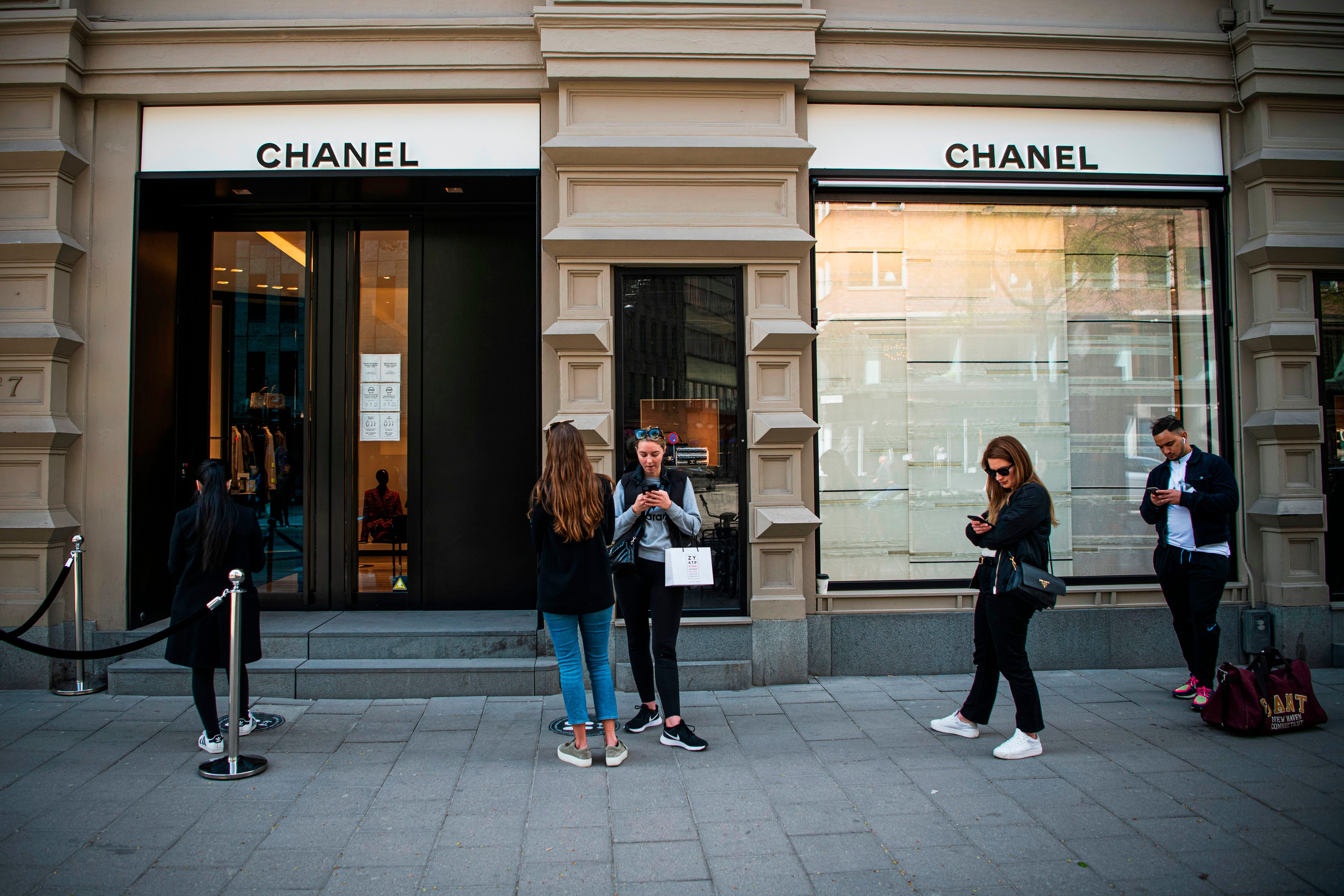Its decision to carry on in the face of the pandemic has yielded a surge of deaths without sparing its economy from damage — a red flag as the United States and Britain move to lift lockdowns.

NY TIMES
Ever since the coronavirus emerged in Europe, Sweden has captured international attention by conducting an unorthodox, open-air experiment. It has allowed the world to examine what happens in a pandemic when a government allows life to carry on largely unhindered.
This is what has happened: Not only have thousands more people died than in neighboring countries that imposed lockdowns, but Sweden’s economy has fared little better.
“They literally gained nothing,” said Jacob F. Kirkegaard, a senior fellow at the Peterson Institute for International Economics in Washington. “It’s a self-inflicted wound, and they have no economic gains.”
The results of Sweden’s experience are relevant well beyond Scandinavian shores. In the United States, where the virus is spreading with alarming speed, many states have — at President Trump’s urging — avoided lockdowns or lifted them prematurely on the assumption that this would foster economic revival, allowing people to return to workplaces, shops and restaurants.
In Britain, Prime Minister Boris Johnson — previously hospitalized with Covid-19 — reopened pubs and restaurants last weekend in a bid to restore normal economic life.
Implicit in these approaches is the assumption that governments must balance saving lives against the imperative to spare jobs, with the extra health risks of rolling back social distancing potentially justified by a resulting boost to prosperity. But Sweden’s grim result — more death, and nearly equal economic damage — suggests that the supposed choice between lives and paychecks is a false one: A failure to impose social distancing can cost lives and jobs at the same time.
Sweden put stock in the sensibility of its people as it largely avoided imposing government prohibitions. The government allowed restaurants, gyms, shops, playgrounds and most schools to remain open. By contrast, Denmark and Norway opted for strict quarantines, banning large groups and locking down shops and restaurants.
More than three months later, the coronavirus is blamed for 5,420 deaths in Sweden, according to the World Health Organization. That might not sound especially horrendous compared with the more than 129,000 Americans who have died. But Sweden is a country of only 10 million people. Per million people, Sweden has suffered 40 percent more deaths than the United States, 12 times more than Norway, seven times more than Finland and six times more than Denmark.

The elevated death toll resulting from Sweden’s approach has been clear for many weeks. What is only now emerging is how Sweden, despite letting its economy run unimpeded, has still suffered business-destroying, prosperity-diminishing damage, and at nearly the same magnitude of its neighbors.
Sweden’s central bank expects its economy to contract by 4.5 percent this year, a revision from a previously expected gain of 1.3 percent. The unemployment rate jumped to 9 percent in May from 7.1 percent in March. “The overall damage to the economy means the recovery will be protracted, with unemployment remaining elevated,” Oxford Economics concluded in a recent research note.
This is more or less how damage caused by the pandemic has played out in Denmark, where the central bank expects that the economy will shrink 4.1 percent this year, and where joblessness has edged up to 5.6 percent in May from 4.1 percent in March.
In short, Sweden suffered a vastly higher death rate while failing to collect on the expected economic gains.
The coronavirus does not stop at national borders. Despite the government’s decision to allow the domestic economy to roll on, Swedish businesses are stuck with the same conditions that produced recession everywhere else. And Swedish people responded to the fear of the virus by limiting their shopping — not enough to prevent elevated deaths, but enough to produce a decline in business activity.
Here is one takeaway with potentially universal import: It is simplistic to portray government actions such as quarantines as the cause of economic damage. The real culprit is the virus itself. From Asia to Europe to the Americas, the risks of the pandemic have disrupted businesses while prompting people to avoid shopping malls and restaurants, regardless of official policy.

Sweden is exposed to the vagaries of global trade. Once the pandemic was unleashed, it was certain to suffer the economic consequences, said Mr. Kirkegaard, the economist.
Collectively, Scandinavian consumers are expected to continue spending far more robustly than in the United States, said Thomas Harr, global head of research at Danske Bank, emphasizing those nations’ generous social safety nets, including national health care systems. Americans, by contrast, tend to rely on their jobs for health care, making them more cautious about their health and their spending during the pandemic, knowing that hospitalization can be a gateway to financial calamity.
“It’s very much about the welfare state,” Mr. Harr said of Scandinavian countries. “You’re not as concerned about catching the virus, because you know that, if you do, the state is paying for health care.”

 As of Sunday afternoon, the country had 25,921 confirmed cases and 3,220 deaths,
As of Sunday afternoon, the country had 25,921 confirmed cases and 3,220 deaths,  While Sweden has a higher death rate than its Nordic neighbors and other wealthy European nations like Germany, it has been lower than rates in the Netherlands, France, and the United Kingdom. According to the Financial Times’ figures, Sweden has seen
While Sweden has a higher death rate than its Nordic neighbors and other wealthy European nations like Germany, it has been lower than rates in the Netherlands, France, and the United Kingdom. According to the Financial Times’ figures, Sweden has seen  The Swedish example carries both optimistic and pessimistic tidings for the United States as it embraces a partial, scattered reopening cheered on by the White House. It suggests that, even without punitive mandates, people can and will take measures to keep themselves safe from the disease. But even though people are protecting themselves without formal orders, the economy will be only slightly better off than it was under lockdown. Meanwhile, the American push to reopen is being driven by distrust of the government combined with the absence of robust safety-net programs to stem the economic bleeding. In the American context, Sweden’s example may be no example at all.
The Swedish example carries both optimistic and pessimistic tidings for the United States as it embraces a partial, scattered reopening cheered on by the White House. It suggests that, even without punitive mandates, people can and will take measures to keep themselves safe from the disease. But even though people are protecting themselves without formal orders, the economy will be only slightly better off than it was under lockdown. Meanwhile, the American push to reopen is being driven by distrust of the government combined with the absence of robust safety-net programs to stem the economic bleeding. In the American context, Sweden’s example may be no example at all.